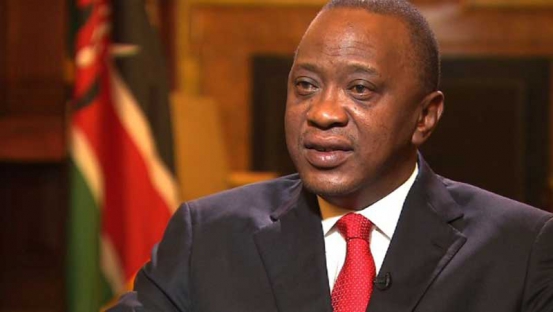×
The Standard e-Paper
Home To Bold Columnists

President Uhuru Kenyatta will make his debut at a summit of the Group of Seven most industrialised countries today, capping his rise from the shadow of the ICC to one of Africa’s most influential men on the global stage.
Could the G7 invitation - only a few days after Mr Kenyatta was one of only two African leaders to attend a major global summit in China - be a culmination of a focused, sustained initiative by the President to market Kenya on the international stage?